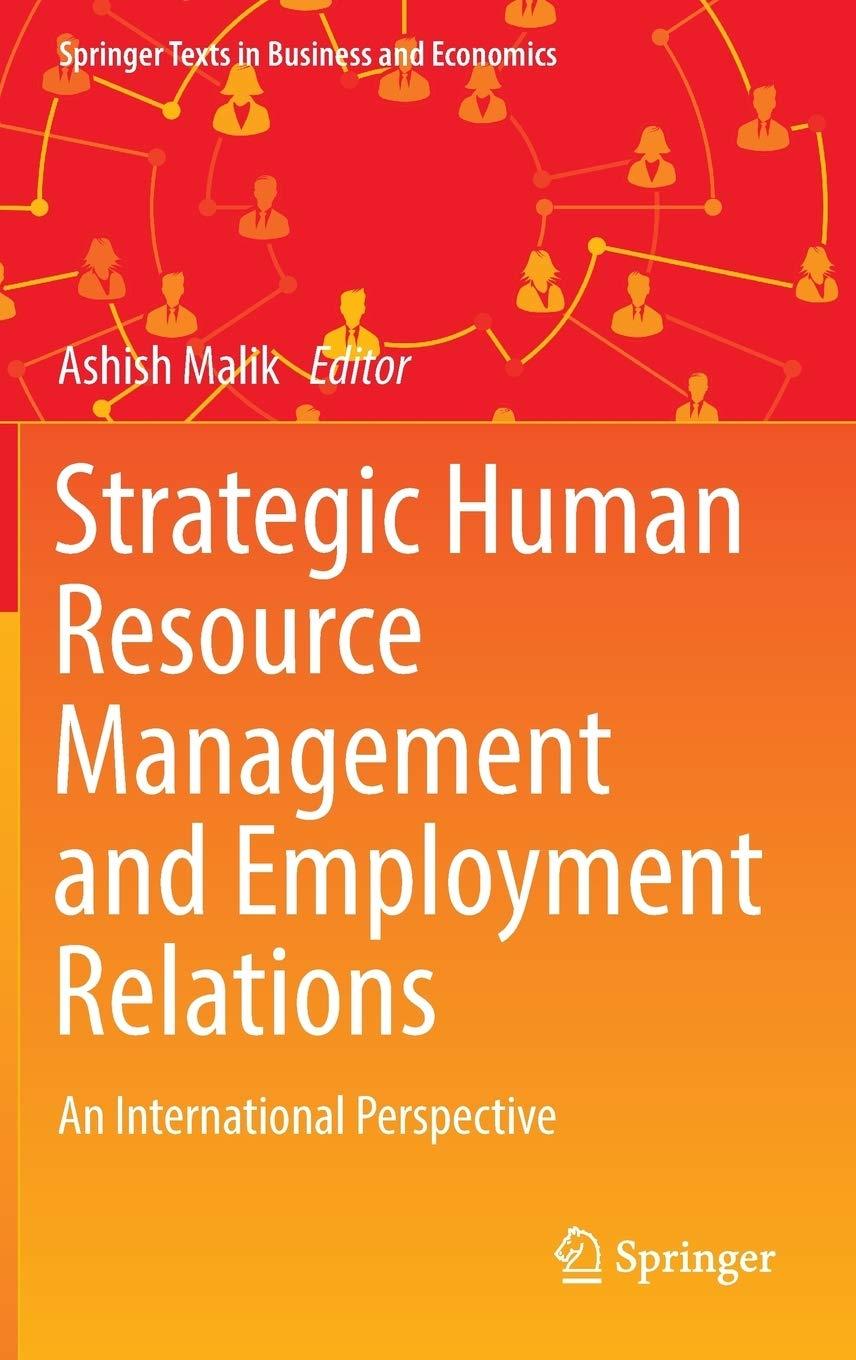Mergers and Acquisitions (M&A) occur frequently all over the world and about 70% are categorized as cross-border
Question:
Mergers and Acquisitions (M&A) occur frequently all over the world and about 70% are categorized as cross-border deals with the aim of multinational firms to undertake investments in foreign countries (Peng 2008). There is evidence that cross border deals are more difficult to successfully realize than domestic deals because employees not only experience a different organizational culture but also have to interact with a different national culture (Chung et al. 2014). The rule of thumb is that integrations become increasingly difficult as cultural distance and differences increases between the bidder and the target in a M&A context. Most of the studies take it for granted that employees are heavily affected by direct involvement in a cross border acquisition (e.g. Chung et al. 2014; Nemanich and Keller 2007).
Yet, indirect effects of social identification can also affect the lack of direct interaction between employees from both parties (the acquirer and the acquired). This case study deals about a Japanese steelmaker who overtook a German engineering firm specializing in waste disposal business. Challenges in the post-merger integration and especially between the expatriated Japanese managers to the German subsidiary and the German employees are discussed.
Our case study is partly grounded in the Social Identify Theory advanced by Tajfel and Turner (1986). It starts from the presumption that a (social) group membership is important in the creation of a self-concept of people (Bartels et al. 2006). People perceive themselves as sharing the same fate with other people in their organization (Mael and Ashforth 1992). That means they identify with their organization. Meal and Ashforth defined it as: “perception of oneness with or belongingness to an organization, where the individual defines him- or herself in terms of the organizations(s) in which he or she is a member” (p. 104). Social identity theory offers an explanation of why employees often react so negatively to organizational changes such as I mergers or acquisitions. Employees affected by a M&A feel threatened because their stability and continuation is endangered (Hogg and Terry 2000; Bartels et al. 2006). However, some of the employees would be part of the in-group and supporters while others would be in the out-group facing difficulties and not having support from the new firm.....
Case Study Questions
1. How autonomous should the target be left after the merger deal?
2. Why are problems expected to increase in case the target employees have a low contact with the bidder firm?
3. To what extent should the Japanese business system be adopted to suit the German business context?
4. Identify the difficulties in communication between bidder managers and target employees that are apparent in the case study?
5. How fast should bidder managers move into the target?
6. What expatriate behavior is best for Japanese managers who are sent to Germany?
Step by Step Answer:

Strategic Human Resource Management And Employment Relations An International Perspective
ISBN: 9789811303982
1st Edition
Authors: A. Malik





